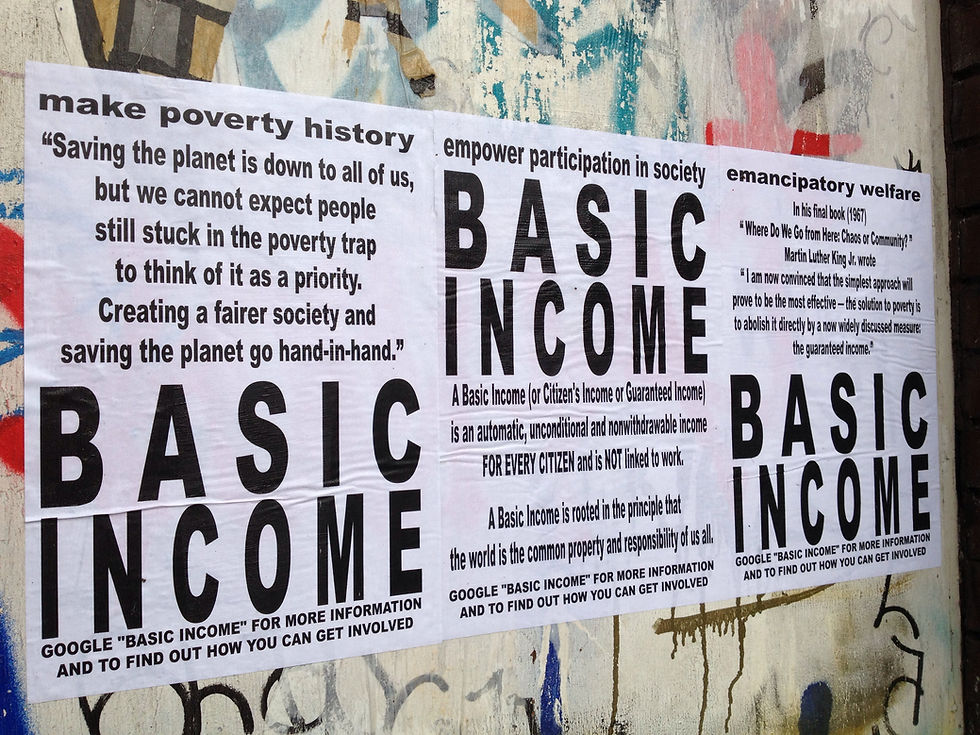Public Health England Axed
- Tasfia Ahmad

- Aug 20, 2020
- 3 min read
Updated: Dec 23, 2024
Tasfia Ahmad discusses the UK government's decision to scrap Public Health England. The body has been the driving force behind the coronavirus response over the past few months, although many have been criticial of its inefficiency. While medical staff fear that now is the wrong time to make such adjustments, Matt Hancock insists the move is necessary, and will play a key role in improving public safety.
On Tuesday, August 18, Matt Hancock, Health Secretary for the United Kingdom, announced that the government is set to abolish Public Health England (PHE). In its place, a new organization called the National Institute for Health Protection will be created. After PHE's response to coronavirus testing alongside track and trace, many ministers, such as Boris Johnson were disappointed with how the situation was handled. At the think tank policy-exchange, Hancock said the rearrangement is needed to "strengthen public health" amid the pandemic. Furthermore, this new program will have a "single and relentless mission" to protect the country from transferable diseases and biological weapons. With such a sudden change occurring during a pandemic, many are skeptical about its success.
The new group will run a single command structure, supporting local directors of public health and local authorities on the frontline of the COVID-19 response. Key responsibilities of the new NIHP will include: deployment of local health protection teams to deal with infections and other threats, provision of support and resources for local authorities to manage local outbreaks, delivering the COVID-19 testing programme and Centre for Radiation, contact tracing, the Joint Biosecurity Centre, and management of emergency response on a national and local level.
In addition, the NIHP will control research and reference laboratories, have a specialist epidemiology, conduct surveillance of all infectious diseases, host a centre for Chemical and Environmental Hazards, monitor global health security and provide specialistic scientific advice on immunisation and countermeasures. These new developments have been created, “To give ourselves the best chance of beating this virus once and for all – and of spotting and being ready to respond to other health threats, now and in the future".
Yet, those in the medical industry have expressed concerns about Hancock's “under one roof” approach. Some say the timing for a new is not right, while healthcare workers may be at risk of losing their jobs. Professor Andrew Goddard, president of the Royal College of Physicians, said "Many have worked seven-day weeks, 16 hour days, and I think that the announcement about all of this will just undermine them. We risk losing some very, very talented people if we're not careful. So it needs to be managed very carefully."
Professor Jo Martin, president of the Royal College of Pathologists commented on Professor Goddard's response: "I think the timing is interesting. Our microbiologists many of whom work with PHE, our virologists, our immunologists, are all in the middle of coping with infection control changes, dealing with patients, and dealing with the fall-out of the pandemic. Many of them hold joint positions with PHE and they are very worried. This is difficult timing, I would agree entirely.”
The group plans to formalise themselves in spring of 2021, however they are taking immediate action to ensure everyone’s safety. The National Institute for Health Protection will be under the leadership of Baroness Dido Harding - former Chief Executive of Talktalk. This move has also raised concerns among the public, due to her lack of experience in health matters.
Richard Murray, chief executive of the think tank The King’s Fund, argued PHE “appears to have been found guilty without a trial” in terms of its coronavirus response. Over the past few months, the government has been criticized and blamed for their response to the virus. Some have accused the government of trying to divert attention away from their own errors.

_edited.png)




Comments